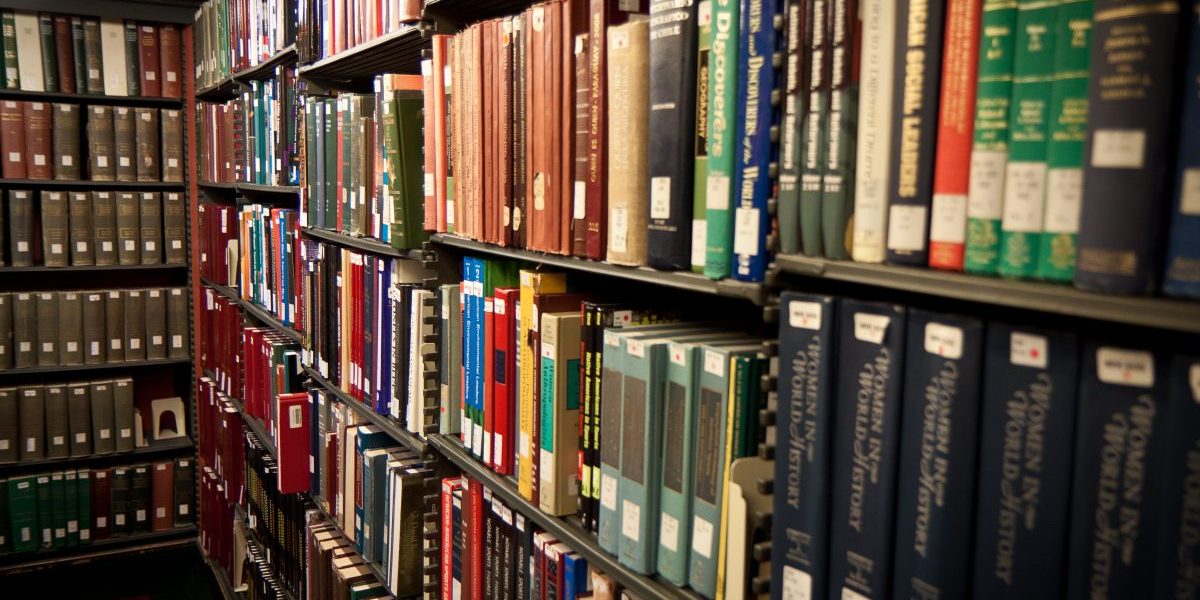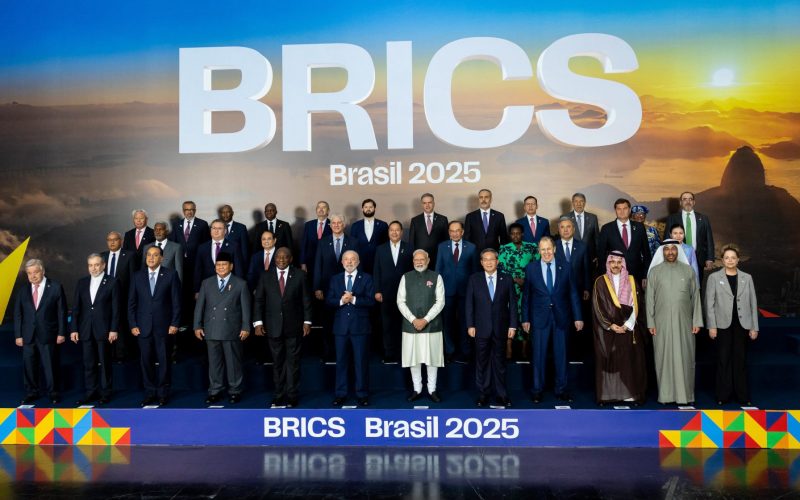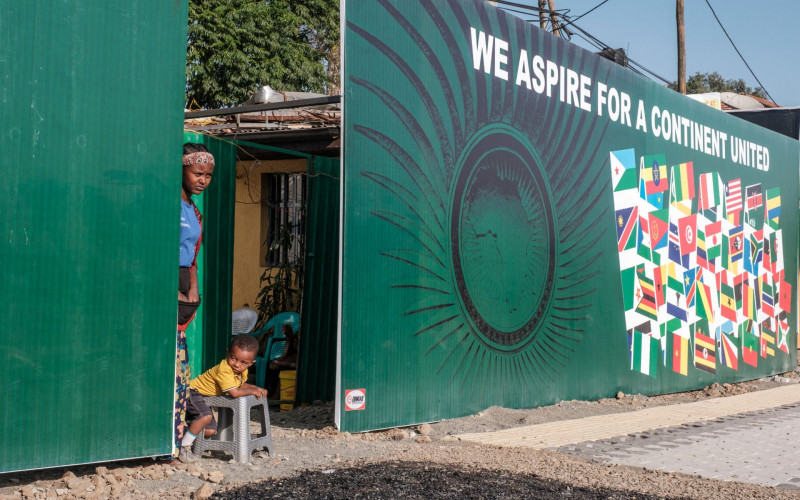SSC has been increasing dramatically over the last thirty years. But how is this assistance co-ordinated, and how do Southern countries deal with the institutions required to manage and disburse this assistance?
We spoke to SAIIA Chief Executive, Elizabeth Sidiropoulos, one of the editors of a new book on SSC, Institutional Architecture & Development: Responses from Emerging Powers. Watch the video below.
Watch an interview on the book with editor Elizabeth Sidiropoulos.
You can purchase the e-book on Amazon or order a print copy by contacting our Publications Department on pubs@saiia.org.za / +27 (0) 11 339 2021.
SAIIA Research Associate Neissan Alessandro Besharati has authored a chapter in the book on ‘The Case of the South African Development Partnership Agency (SADPA)’.
Overview of the book
Institutional Architecture & Development: Responses from Emerging Powers examines the experiences of nine ‘emerging’ or ‘middle-income’ countries (Brazil, China, Colombia, India, Indonesia, Mexico, South Africa, Thailand and Turkey) in creating specialised agencies or designated departments for SSC.
In 2010 the UN estimated that global volumes of SSC amounted to about US$15 billion. Although still smaller than the assistance provided by the developed world (US$130 billion), SSC is not insignificant and has grown substantially over the last 30 years ago.
Southern actors are certain to play a stronger role in development co-operation as their economic weight increases and governments realise the full potential of intensified links with developing countries. As they do so, such countries must address a series of questions:
- Will they orientate their support towards genuine development objectives or will they put their own economic and geopolitical objectives at the centre?
- Will Southern providers be prepared to mobilise public resources for the provision of global public goods such as climate stability, whether in the form of transfers to developing countries or by financial contributions to international organisations?
- Will they restrict political dialogue and the sharing of experiences to their own camp or will they support a universal framework for global development governance?
The upcoming negotiations at the UN for a post-2015 agenda for global development offer an attractive venue for Southern players to address these questions, and to clarify their roles and ambitions in the global system.
As SSC has grown, it has been accompanied by efforts in many of these emerging countries to systematise the institutional architecture of their development cooperation. This book focuses on the efforts of nine developing countries in the middle-income bracket to establish development agencies.
This book also encompasses some major developments in global development: the Global Partnership on Effective Development Cooperation (GPEDC), the development of new goals to replace the Millennium Development Goals, and that of finance for development.
Section 1 tackles conceptual frameworks, general trends in development cooperation among countries of the North and South, and lessons from the OECD Development Assistance Committee.
Section 2 contains the country case studies: Brazil, China, Colombia, India, Indonesia, Mexico, South Africa, Thailand and Turkey. Each country selected has created – or is in the process of creating – specialised agencies or designated departments for SSC. The case studies examine the motivation for this, the mandate and resources allocated to these agencies, how they interact with domestic and international actors, and what challenges these agencies face.








